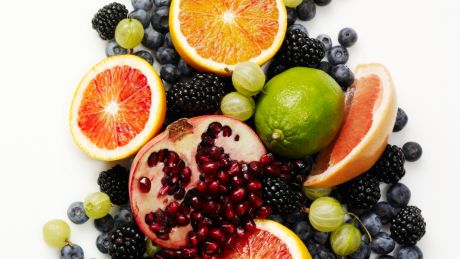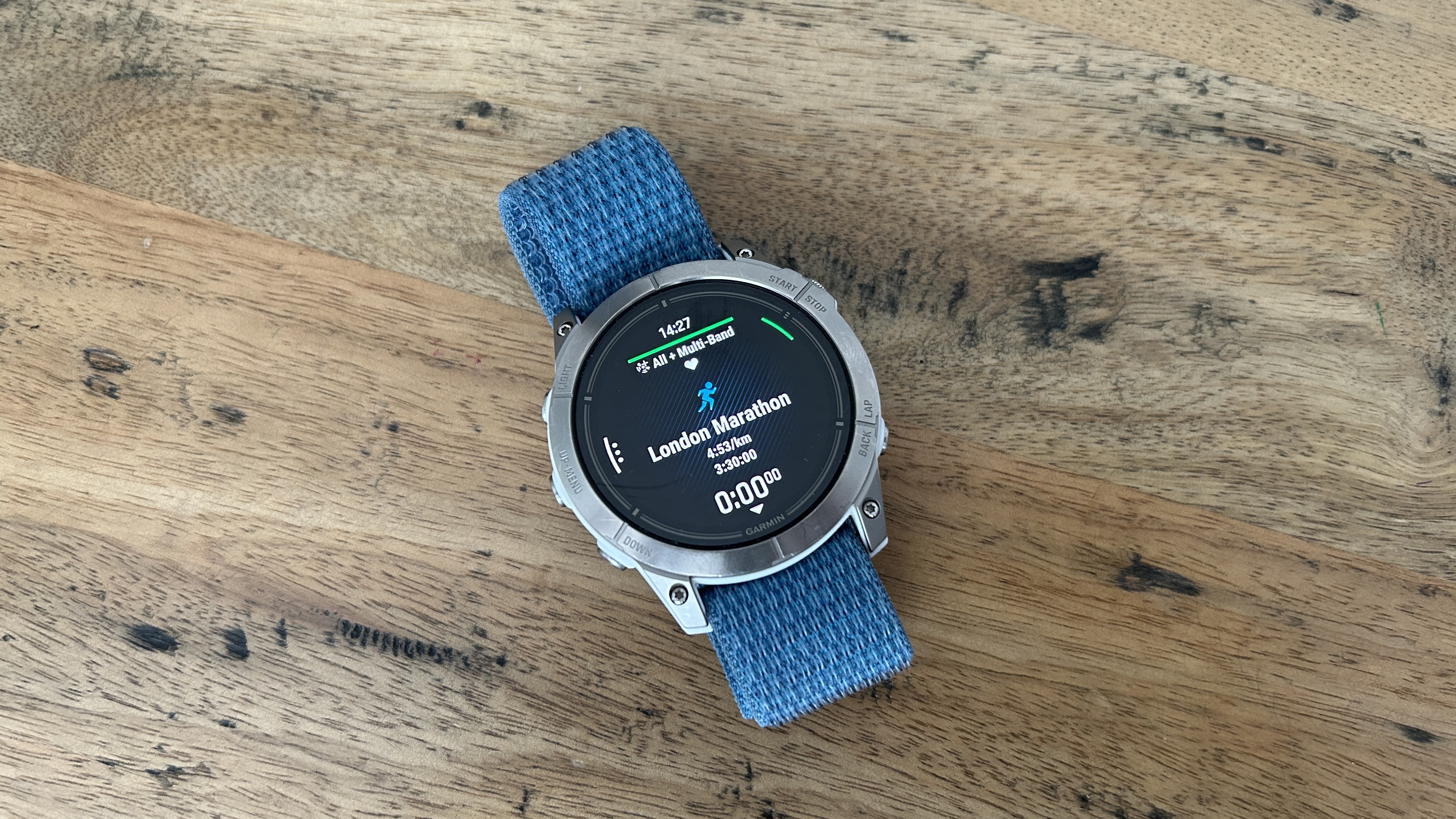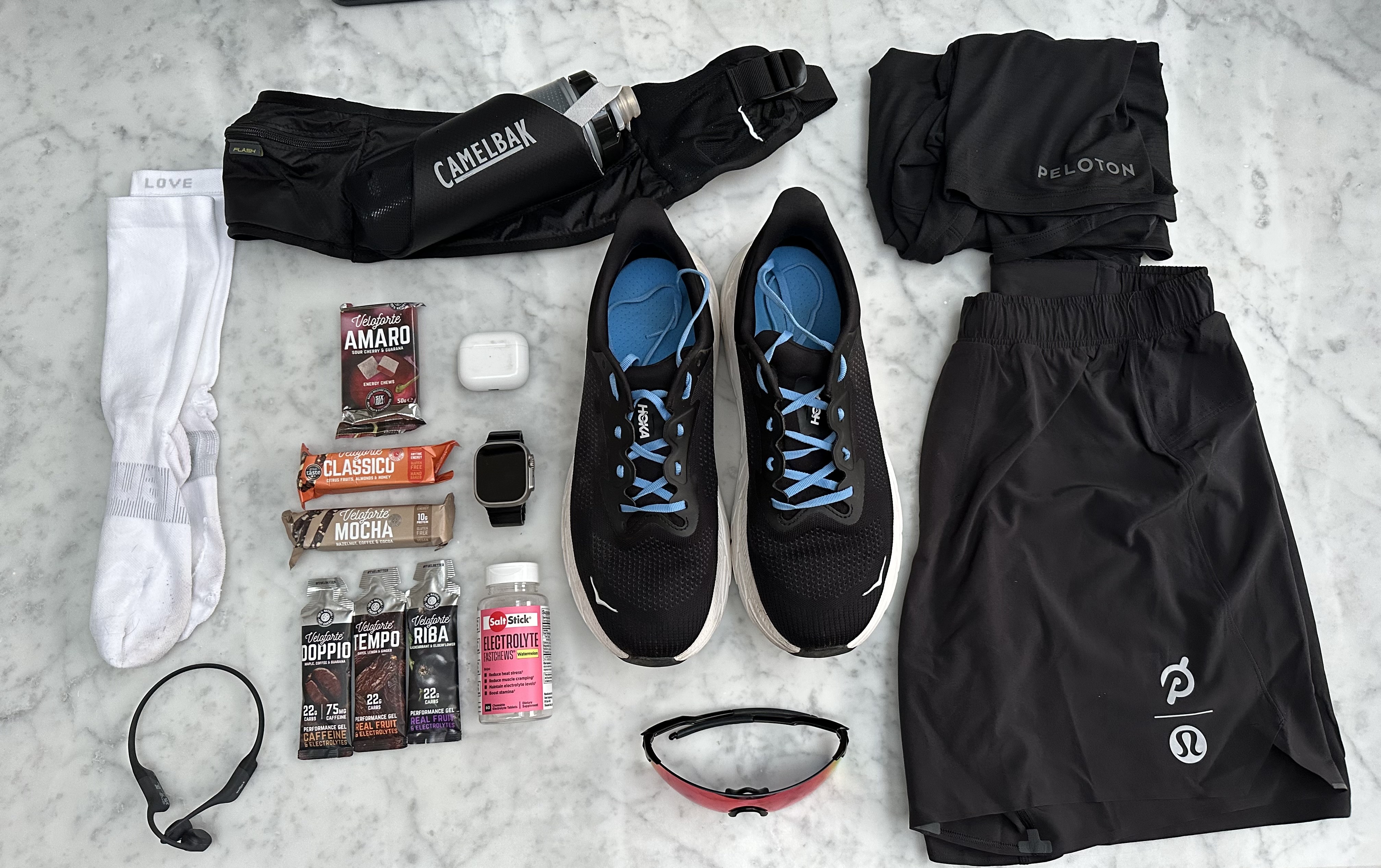The Truth about Detox Diets (Spoiler: They’re Nonsense)
“Detox” is one of the more popular words in the lexicon of health. Coach consults the experts to uncover myths behind the shaky science

From the covers of women’s magazines to our own HRH Prince Charles, you don’t have to look far to find advocates of “detox”. But while detoxification – the medical term for treatments of dangerous levels of drugs, alcohol or other poisons in the bloodstream – is real, these are medical procedures that can’t just be grabbed off the shelf at Holland & Barrett. No single food or drink can increase the rate at which we eliminate nasty stuff from the body. More to the point, it’s not even necessary.
“The whole idea of ‘detox’ is nonsense,” says Dr Frankie Phillips, a spokesperson for the British Dietetic Association. “The body is a well-developed system that has its own built-in mechanisms to detoxify and remove waste from top to toe. The skin, gut, liver and kidneys are all chemically-controlled powerhouses that respond to signals to remove waste products.”
Blame the Ancient Egyptians
So, how did the idea of detoxing come about and why are we being sold stuff that claims to cleanse? Ancient Egyptians invented enemas to remove a “toxic sludge” build-up in the colon – something still used to sell them today, although no gastroenterologist has ever seen the stuff – while the Chinese believed toxins left the body through the feet and invented vinegar-soaked footpads to help extract them. These, too, are still being sold despite biology proving that’s absolutely not the case.
Suspicions as to how effective purging techniques actually were date back to the 1830s. That scepticism is far stronger now, with no research-based evidence to suggest any modern detox diet, product or ritual can affect the body’s ability to eliminate waste. “Nobody can even name the substances that they’re supposedly eliminating,” says complementary medicine expert Professor Edzard Ernst (edzardernst.com). “The only thing detox products do eliminate from the consumer is his or her money.”
RECOMMENDED: Health Advice You Can Believe In
However, science can’t win all the time, and lack of proof has done nothing to slow the flow of cash from consumers’ pockets. In fact, the market for all things detox is bigger than ever. It forms a large chunk of the worldwide health and wellness industry, which analysts Euromonitor International predict will hit $1trillion by 2017. It’s no wonder that the shelves of health food shops and supermarkets are packed with products bearing the magic word.
Tablets, face washes, teabags, foot soaks, bath salts, soft drinks, mouth rinses and even water bottles want a piece of the action. Some yoga classes, fitness retreats, and massage therapists also make unsubstantiated claims about ridding the body of accumulated contamination.
Get the Coach Newsletter
Sign up for workout ideas, training advice, reviews of the latest gear and more.
And as excess-loving and generally guilty humans, we want to believe. “Purification rituals date back to the earliest reaches of recorded history,” says pharmacist and advocate for science-based approaches to medicine, Scott Gavura. “The idea that we’re somehow poisoning ourselves and need to atone for our sins seems to be a part of human nature, which may explain why fasting’s still a part of most of the world’s religions.”
Food marketing expert Vhari Russell has a less spiritual explanation, attributing the continuing popularity of the detox phenomenon to an emerging trend of combining health and hedonism: “healthonism”. Companies realise it’s no longer a case of either/or, so encourage us to enjoy life by exercising and eating healthily while not feeling too bad about the odd hangover.
How to Get Rid of Toxins
However, despite detoxes being nonsense, that doesn’t mean you shouldn’t be concerned about the toxins in your body. It’s just a case of being careful about what you consume in the first place. “Focus on eating a balanced diet with fruit and vegetables, wholegrains, dairy, lean protein and healthy fats in it,” says freelance dietitian Priya Tew (dietitianuk.co.uk). “Keep hydrated and reduce activities such as smoking, drinking and being around environmental pollutants.”
As the main player in your body’s fight against toxins, liver health is also key. Keep yours fighting the good fight not just by limiting – ideally, completely avoiding – the usual suspects highlighted above, but by watching your sugar intake. “Too much sugar in your diet won’t just make you fat, it can actually cause liver disease,” says Tew. A little now and again is fine, but if like the average British person you consume over 90g of sugar – roughly three cans of Coke – each day, your liver is already working overtime, and that’s before you factor in our other favourite vice: alcohol.
As long as you aren’t overdosing on sugar and booze you don’t need to worry about toxins accumulating from your diet. This easily avoidable lot, however, can cause serious problems.
- BPA is found in some plastics and a five-year study linked it to reduced male sexual function. Avoid it by only buying food and liquid containers labelled BPA-free. Pre-packaged meals can contain it, but switching to fresh food has rapid benefits with a 66% reduction of the body’s BPA levels in just three days.
- Phthalates are chemicals linked to disrupted hormone production, and found in grooming products including shampoos, colognes and soap. Avoid them by reading the labels. Manufacturers don’t have to list phthalates, but anything with “fragrance” on its ingredient list likely contains them.
- PFOA is used in non-stick pans. Thought to be carcinogenic and stunt growth, it’s on the Environmental Protection Agency’s list of “chemicals of concern”. Avoid it by chucking out non-stick pans once the surface is scratched. Binning that Le Creuset griddle will be hard, but totally worth it in the long run.
The Detox Diet
The detox label is also applied to some extreme approaches to weight loss. Despite being championed by celebs such as Beyoncé (her Master Cleanse consists of nearly starving yourself for ten days), the idea of cutting out the majority of foods for a set time period to “reset” your body is nonsense.
RECOMMENDED: The Best 4-Week Diet Plan (It’s Cutting Out Alcohol)
“These diets seem to ‘work’ because they are low in calories, so people lose weight and improve their glucose, insulin and cholesterol levels,” says Dr Carrie Ruxton, dietitian at the Health Supplements Information Service. “However, this effect can be achieved on any low-calorie diet, without also having to miss out on vital nutrients.” Yes, you will lose weight by only drinking lemon water or eating grapefruits, but you’ll also forgo iron, calcium, selenium, vitamin D and a host of other things that are essential. Also, starving your body encourages it to break down muscle for energy – not good if you’re hoping to coax a six-pack out of hiding.
As Professor Ernst says, any product claiming to have special detoxifying powers – whether for overall health or rapid weight loss – is only truly effective at cleansing your wallet of cash.
Max was the head of digital content for Men's Fitness which worked alongside Coach between 2015 and 2019.










